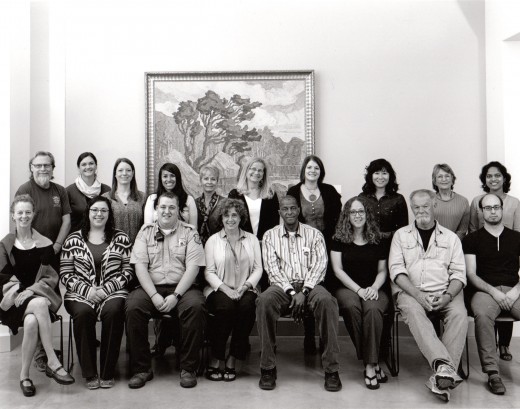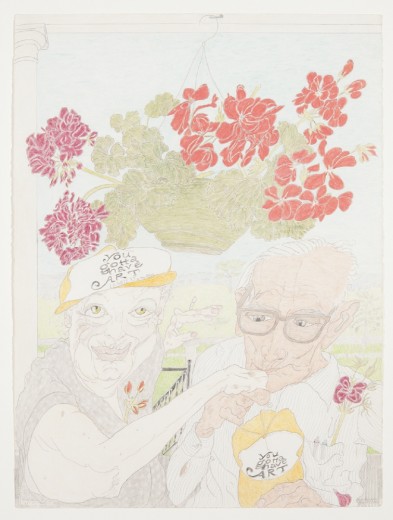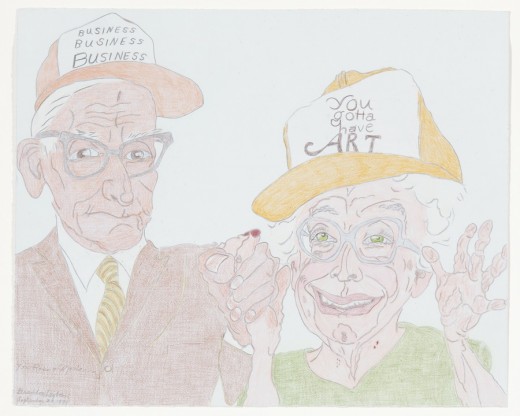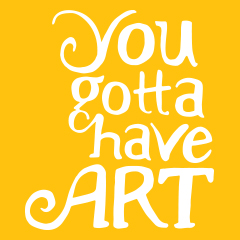
Large format film-based photography brings back the term ‘making a photograph’ in contrast with the contemporary term ‘taking a photograph.’ Working with a large format camera is cumbersome, slow and yet ultimately a very rewarding process. There are many variables including darkroom chemicals, which shape the resultant image. This technique belongs in the tradition of 19th century survey photography in the American West, and is still practiced by many visual artists. The exposure captured on the film has a very wide latitude due to the use of a specialized staining developer. This gives the negative its distinctive low contrast and high acutance. The prints are made using a warm-tone paper, processed to museum standards. Besides the formal sophistication of analog prints this process has a phenomenological advantage over the digital image capture: it puts temporal distance between the lived moment and its representation. Unlike the instantly gratifying digital images, which tend to compete and sometimes overshadow the lived experience, this process allows the photographic representation to stand independently from the lived moment; whereby the memory of the moment is not replaced by the image made in that moment.
This post was written by Assistant Professor of Art at Kansas State University Shreepad Joglekar. The Beach Museum of Art staff thanks Professor Joglekar for his amazing work and the unique experience.


